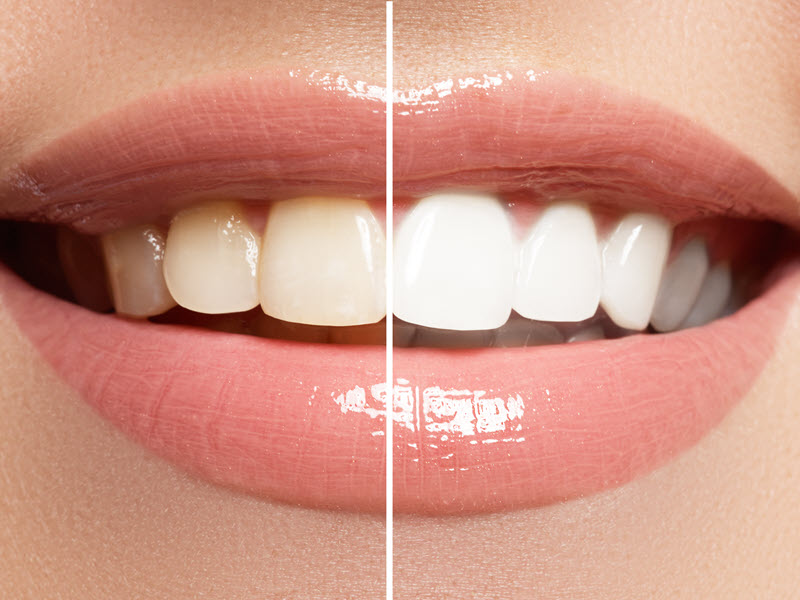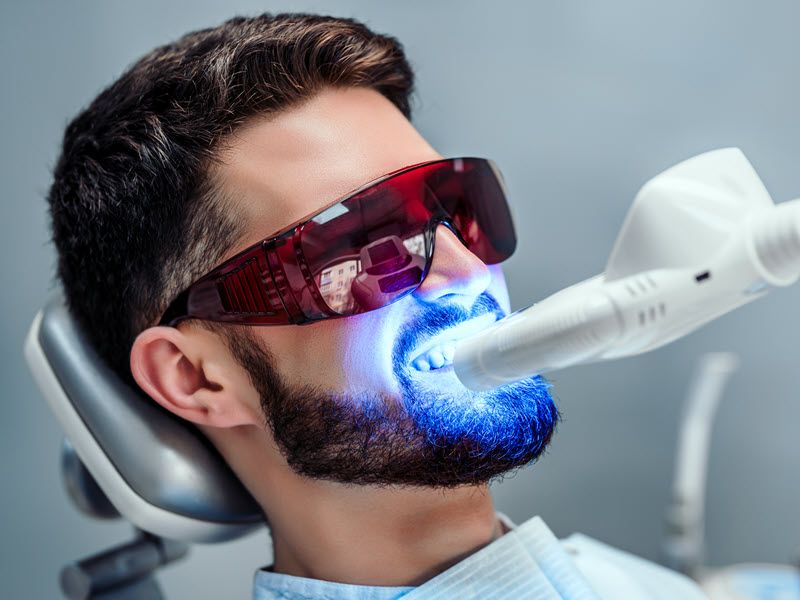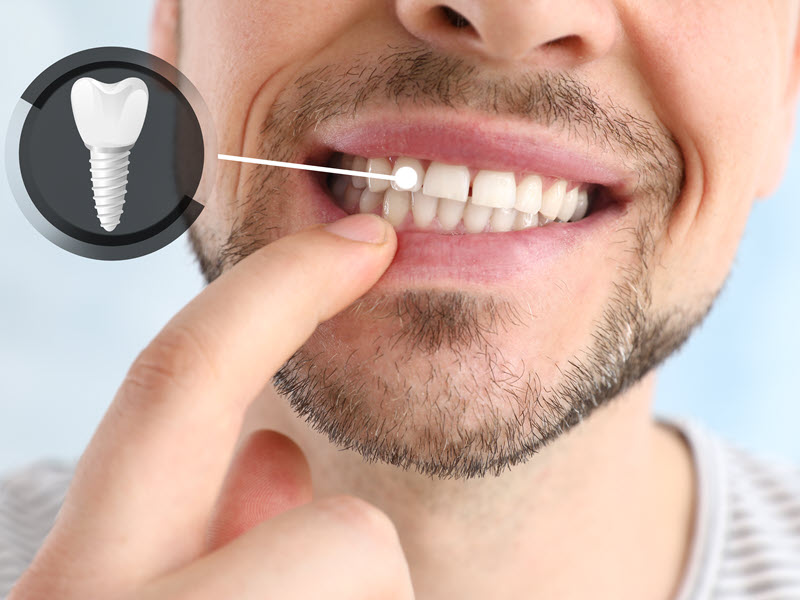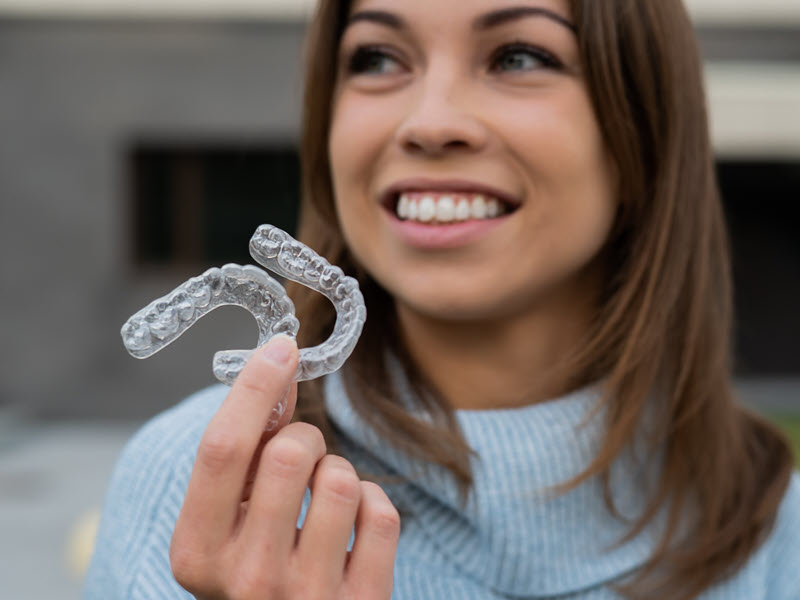Dental Implants are a Great Option for Most – But Not All Patients
Note: The majority of our patients who are considering dental implants are good candidates for a dental implant procedure. There are however, very valid reasons why dental implants aren’t a good fit for everyone. We cover those reasons in this post….
Choosing whether to get dental implants is a big decision. There are many factors to consider, including your health, lifestyle, and financial situation. While they are recommended for most patients as the best way to replace the look and feel of a missing tooth, dental implants may not be suitable for everyone.
Here, we’re going to go in depth to discuss the potential reasons a patient suffering from tooth loss may choose to skip dental implants in favor of a different tooth replacement option.

Dental Implants are a Good Fit for Most, but there are Legitimate Reasons for Some Patients to Consider Other Options Besides Dental Implants
Reason #1: Dental Implant Failure
Implant failure can happen when the implant does not bond with the jaw bone. Existing infection and gum disease can increase the chances of this. People who smoke or have poor oral hygiene face higher risks.
Manufacturers usually boast high success rates, but some factors can lower these odds. Healing problems, using unsuitable materials, or improper dental implant placement can also lead to failure. You might need to remove and replace the implant, which adds more time and cost.
Foreign-body rejection is rare but can lead to swelling, fever, and implant removal. Proper care and regular dental visits are essential to avoid developing problems. Ignoring these can result in further oral health issues, making the implant process less successful.
Reason #2: Complications from Oral Surgery
Several issues can arise during any surgery, and dental implant surgery is no exception. Nerve damage is a major concern if the implant is placed too close to a nerve. This can cause numbness, tingling, or pain in your lips, tongue, and face.
Sinus damage is another risk with upper jaw implants. If the sinus cavity is breached, you might experience persistent sinus issues.
Infection at the implant site can also occur, which would require antibiotics or even surgical intervention.
Reason #3: Pre Existing Medical Conditions
Certain medical conditions can impact the success of dental implant surgery. If you have diabetes, especially if it’s uncontrolled, your body may heal more slowly, which can lead to implant failure.
Autoimmune diseases affect your immune system, making it harder for your body to heal. This can also increase the chances of implant complications. Conditions like rheumatoid arthritis and lupus can be significant factors.
Medications you take for these conditions can affect implant success too. For example, medications that suppress the immune system can make it hard for your body to fight infections. This increases the risk of complications post-surgery.
Poor oral health may also cause issues when considering a dental implant. It may increase risk of infection and prolong recovery time.
You’ll want to go over your medical conditions and your medications with your oral surgeon prior to getting a dental implant. They should be able to determine your risks and whether or not dental implant surgery is a viable procedure given your health status.
Reason #4: You’re a Smoker
Smoking can severely reduce the success rate of dental implants. If you are a smoker, your body’s ability to heal is compromised. Nicotine reduces blood flow, which is vital for bone healing.
The toxins in cigarettes can also irritate gums and lead to infections. The failure rate for implants in smokers is higher compared to non-smokers. Even if you smoke occasionally, it can still affect the outcome.
Quitting smoking before the procedure and during the healing process can improve your chances of success. Not smoking ensures better gum health and proper healing, making implant success more likely.

Smoking may make dental implant surgery more risky – quitting smoking may help. You’ll want to discuss with your oral surgeon
Reason #5: It is a Long Process
The surgical procedure starts with placing the implant post into your jawbone. This step demands precision to ensure the implant is stable and properly aligned.
It then takes many months for the osseointegration (melding) of the implant and the bone to effectively fuse together. Only after this process has completed can the abutment and crown be added to the implant.
Other restorative dentistry procedures like bridges and removable dentures can be completed in a much shorter time frame.
Reason #6: Dental Implants are Expensive
For most, dental implants provide tremendous value, but they are a big investment. You need to think about the high initial cost and the long-term benefits, as well as your insurance and financing options.
Dental implants can range from $3,000 to $6,500 or more for a single implant. This makes them more costly than other dental solutions like dentures or bridges. These alternatives often cost less upfront.
Counterpoint:
Keep in mind that despite the high initial cost, implants offer long-lasting value. They mimic natural teeth well and, with proper care, they can last a lifetime.
Dentures and bridges, on the other hand, don’t last as long as dental implants. Dentures and bridges also don’t anchor into the bone as dental implants do.
The anchoring of a dental implant into your jaw bone strengthens the bone. As a result, with a dental implant, an adjacent tooth next to your missing tooth is less likely to suffer tooth decay, loosening and loss. Tooth loss is much more likely to occur with dentures and bridges which can contribute to a cascading tooth loss effect.
If you consider the durability and long-term use, implants might save you money over time. Weigh this against the upfront cost.
Reason #7: Dental Insurance May Not Help
Different dental insurance plans offer varying insurance coverage. While you’ll have to do your homework and figure out what your insurance carrier pays for, in general insurance companies pay up to 50% for restorative dental procedures like dental implants.
Counterpoint:
Just because your dental insurance may not help to cover the cost of dental implants doesn’t mean that getting a dental implant is cost prohibitive. Financing options and payment plans (like CareCredit and Cherry) might help ease the financial burden.
Many dental offices offer in house payment plans. Some options spread the cost over months or years. Many fee for service dentists who don’t accept insurance may offer reasonable out of pocket costs for dental implants. It is worth doing the research to nail down the actual cost you may have to pay under different scenarios.
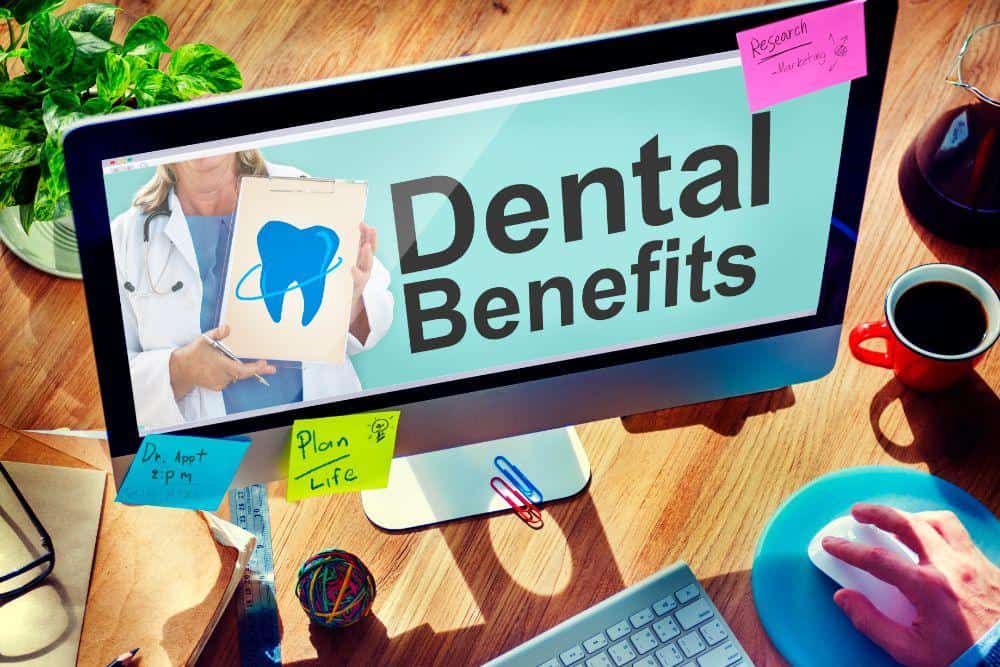
Dental Insurance Alone Isn’t Likely to Cover 100% of all Dental Implant Costs – but Exploring all Payment Options May Make Dental Implants More Affordable
Reason #8: You Have Inadequate Bone Structure
Adequate bone density is crucial for implant success. Your jawbone must be able to support the implant. Without enough bone, the implant won’t integrate properly.
Bone loss can be due to gum disease or injury. If you don’t have enough bone, a bone graft might be necessary. This procedure adds bone material to your jaw to provide a better foundation. Bone grafting also adds expense and time to the overall dental implant process.
Regular check-ups before the procedure assess your bone health. X-rays and scans help determine if you need additional procedures like a bone graft.
Reason #9: Chewing With Your New Implants Takes Time
Dental implants can change how you eat. After surgery, you will need to avoid certain foods during recovery. You might find it uncomfortable to chew hard foods such as nuts or hard candies.
This limitation can last for weeks, and in some cases, months. Also, you might have to avoid sticky foods that can cling to your implants, making them hard to clean.
Some people experience discomfort eating cold or hot foods due to sensitivity around the implant area. This can affect how you enjoy your meals and your overall diet. It’s important to follow your dentist’s advice on food choices to ensure proper healing.
Counterpoint:
Usually within a few weeks or months most people get accustomed to chewing with their new tooth implants without any difficulty.
Reason #10: Speaking With Your New Implants Takes Time
Another aspect to consider is how dental implants might change your speech. Some people may find it difficult to pronounce certain words immediately after surgery. This is usually temporary but can be frustrating. Practice and time usually help overcome this issue.
Your appearance will also change. Implants look and feel more natural compared to other tooth replacement options. However, initial swelling or adjustments may make you feel less confident. The recovery period brings temporary discomfort, but long-term, implants blend well with your natural teeth and improve your smile.
Overall, these changes might be temporary, but they require time and patience. Keeping these factors in mind helps you make an informed decision about dental implants.
Counterpoint:
While it can be challenging to speak with dental implants for those who haven’t had a full set of teeth for quite some time, most people are able to quickly adapt to the new implants. The self confidence of having a full smile also helps to overcome any minor speech issues.
Alternative Treatments
So if you’re not a suitable patient for dental implants, there are other options. Dentures and dental bridges help replace missing teeth and restore your smile.
Comparing Dentures and Bridges

Dental bridges may be a good tooth replacement option for some patients even though they aren’t as effective as dental implants
Dentures: These are removable teeth that replace several missing teeth. They can be full (replacing all teeth) or partial denture (replacing some teeth). Dentures require regular cleaning and can slip out sometimes. They are more affordable than implants. Dentures may need adjustments over time as your mouth changes.
Dental Bridges: These bridges fill gaps left by missing teeth. A dental bridge has crowns on the neighboring teeth with a false tooth in between. They are fixed and more stable than dentures. Bridges also have a natural look and feel. However, they may not be suitable if the surrounding teeth are not strong.
Both dentures and bridges aren’t nearly as effective at preventing additional tooth loss when compared to dental implants.
Flippers: These are temporary removable teeth used before getting a permanent solution. They are light and inexpensive. Flippers are not meant for long-term use.
Frequently Asked Questions
Dental implants have both benefits and drawbacks. Knowing the specific risks and details can help you make a more informed decision.
Who are the ideal candidates for dental implants, and who should avoid them?
Ideal candidates include adults with good bone health and no gum disease. People younger than 18 or those with significant bone loss should avoid implants. Smokers and heavy drinkers might also face complications.
What are some common long-term side effects to be aware of before getting dental implants?
Long-term side effects may include gum inflammation and bone loss around the implant. Some people might even experience chronic pain or issues with the fit of the implant.
What information might not be commonly disclosed about the dental implant procedure?
Patients should know about the possibly lengthy recovery time. They might also not hear about the need for potential additional surgeries like bone grafts or sinus lifts.






